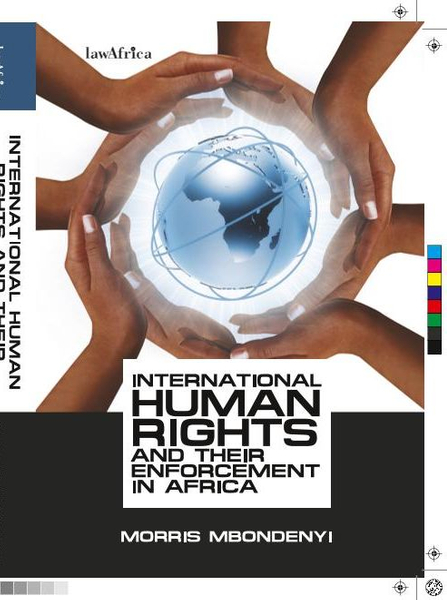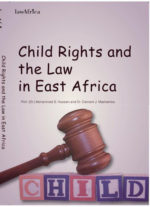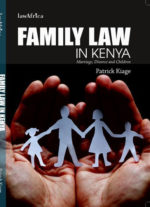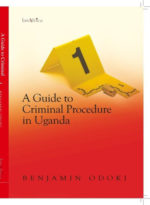The main objective and purpose of this book therefore is to underscore the challenges besetting the effective enforcement of international human rights law in Africa and the prospects and promises of an effective regional human rights system. The book, a revised and updated version of my earlier book entitled The African System on Human and Peoples’ Rights: Its Promises, Prospects and Pitfalls, captures succinctly the recent developments of the system, since the publication of its predecessor. This is done with the understanding that the African human rights system is gradually progressing, despite the fact that it is not only the least developed but also the least effective as compared with its American and European counterparts.
International Human Rights and their Enforcement in Africa-MORRIS MBONDENYI
KSh 2,400.00
The main objective and purpose of this book therefore is to underscore the challenges besetting the effective enforcement of international human rights law in Africa and the prospects and promises of an effective regional human rights system. The book, a revised and updated version of my earlier book entitled The African System on Human and Peoples’ Rights: Its Promises, Prospects and Pitfalls, captures succinctly the recent developments of the system, since the publication of its predecessor. This is done with the understanding that the African human rights system is gradually progressing, despite the fact that it is not only the least developed but also the least effective as compared with its American and European counterparts.
Customer Reviews
There are no reviews yet.









Be the first to review “International Human Rights and their Enforcement in Africa-MORRIS MBONDENYI”